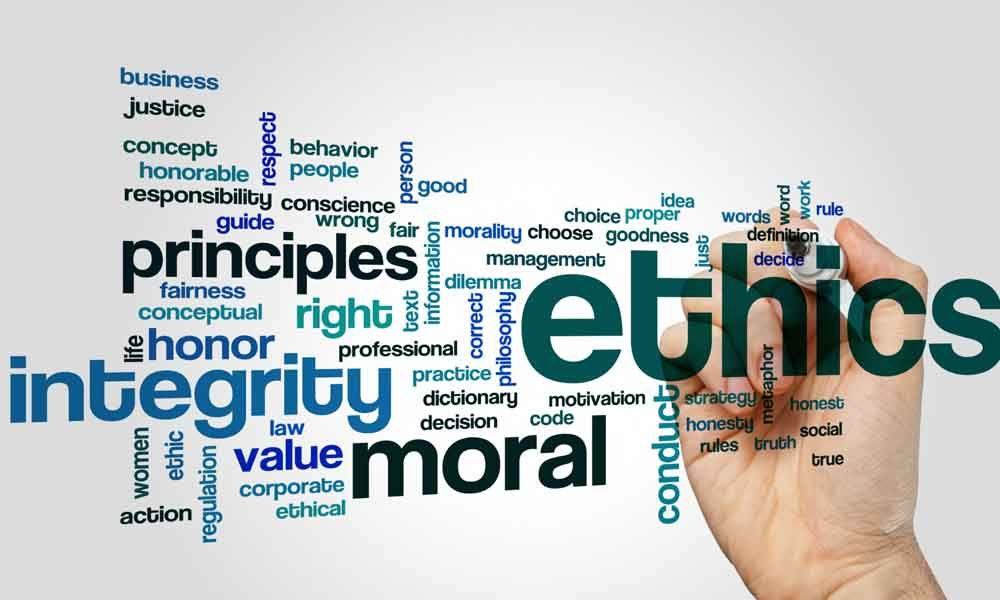The Impact of Unethical Business Practices on Brand Reputation

Every business seeks to build a strong brand reputation as it is crucial to its success. A strong brand reputation can help a business to gain customer trust, increase sales, and build a loyal customer base. However, unethical business practices can have a detrimental effect on a brand’s reputation. In this article, we will discuss the impact of unethical business practices on brand reputation and how businesses can avoid them.
What are Unethical Business Practices?

Unethical business practices can be defined as actions that violate moral and ethical principles in business. Unethical practices can range from fraud, corruption, exploiting employees, environmental violations, and more. These practices can cause harm to employees, customers, the environment, and society as a whole.
The Impact of Unethical Business Practices on Brand Reputation
The impact of unethical business practices on brand reputation can be severe. In today’s digital age, information travels quickly, and news of unethical practices can spread rapidly. This can lead to negative publicity, loss of customer trust, and a decline in sales.
- Negative Publicity: Unethical business practices can lead to negative publicity in the media, social media, and other online platforms. This negative publicity can damage a brand’s reputation and make it difficult to regain customer trust.
- Loss of Customer Trust: Unethical practices can erode customer trust, and once trust is lost, it can be challenging to regain it. Customers may switch to competing brands that have a better reputation for ethical practices.
- Decline in Sales: Unethical practices can result in a decline in sales as customers may choose to avoid products or services associated with unethical practices.
How to Avoid Unethical Business Practices
Businesses can avoid unethical practices by implementing ethical policies and procedures. Here are some ways to ensure ethical practices:
- Establish a Code of Ethics: A code of ethics can provide guidance for employees on ethical behavior. The code of ethics should be communicated to all employees and enforced by management.
- Provide Ethics Training: Training can help employees understand the importance of ethical behavior and how to recognize and report unethical practices.
- Encourage Whistleblowing: Whistleblowing policies can encourage employees to report unethical behavior without fear of retaliation.
- Conduct Audits: Regular audits can help businesses identify unethical practices and take corrective action.
Unethical business practices can have a detrimental effect on a brand’s reputation. Negative publicity, loss of customer trust, and a decline in sales are just a few of the consequences of unethical practices. Businesses can avoid unethical practices by implementing ethical policies and procedures, establishing a code of ethics, providing ethics training, encouraging whistleblowing, and conducting audits. Ethical behavior is crucial to building and maintaining a strong brand reputation.











